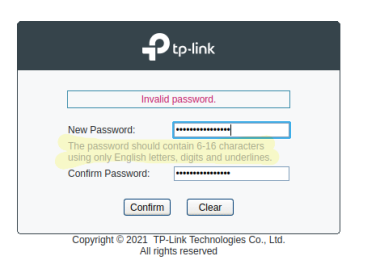Please pick a password starting with ad and ending with min
Just take the string as bytes and hash it ffs

There have been multiple accounts created with the sole purpose of posting advertisement posts or replies containing unsolicited advertising.
Accounts which solely post advertisements, or persistently post them may be terminated.
Just take the string as bytes and hash it ffs
